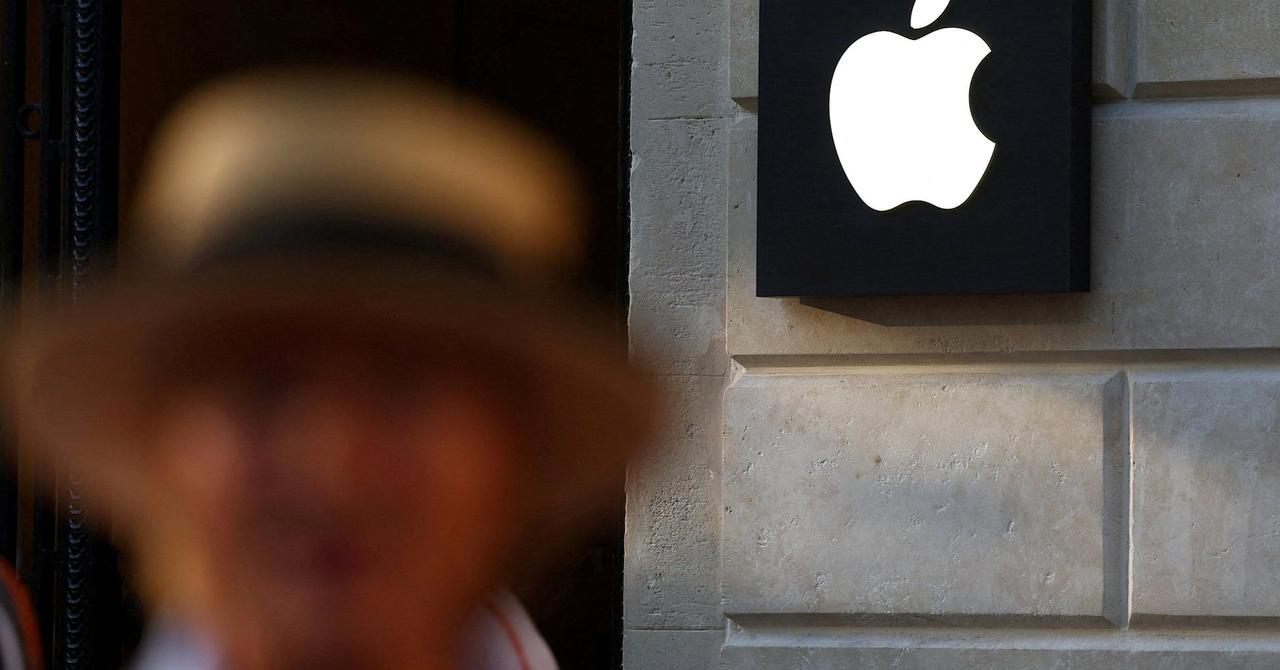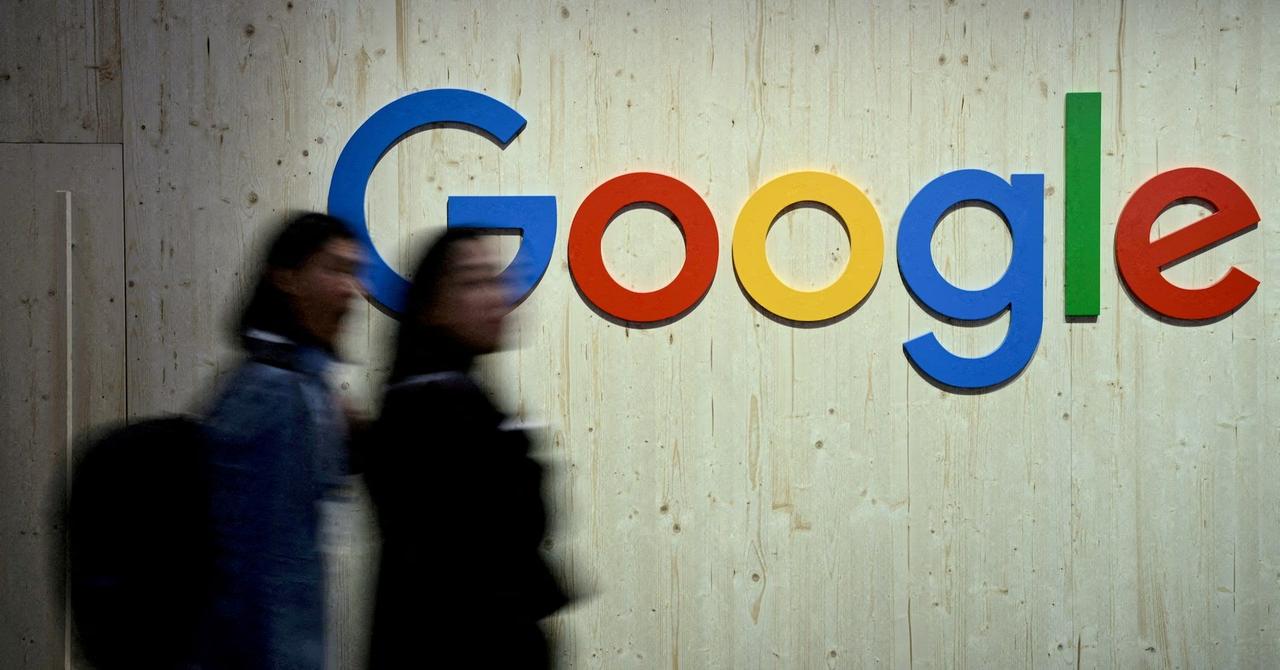Google's Search Dominance Upheld: Apple and Samsung Win in Antitrust Ruling
2 Sources
2 Sources
[1]
What Apple, Samsung wanted from Google search case
Sept 2 (Reuters) - A ruling in the U.S. search antitrust case against Alphabet's (GOOGL.O), opens new tab Google on Tuesday is a win for mobile phone manufacturers including Apple (AAPL.O), opens new tab and Samsung (005930.KS), opens new tab, who a judge said Google can keep paying to be the default search engine on new devices. Google has said it will file an appeal in the case, meaning the ruling is not likely to take effect immediately. Here are some of the arguments Apple and others made in court papers ahead of the ruling: APPLE The iPhone maker supported requiring Google to share its search data with artificial intelligence competitors such as OpenAI, Anthropic, Perplexity, and said it plans to offer more AI-driven options in search. Apple recently saw a decrease for the first time in the number of Google search queries coming from its Safari browser compared to a year prior, the company said in May. "True competition in the market is not far away," Apple said. But cutting off payments to Apple that have reached $20 billion annually would only enrich Google and cut into Apple's development budget, since there are no other good options to offer as the default, Apple argued. SAMSUNG The South Korean smartphone maker also opposed ending Google's payments -- and prosecutors' bid to extend the prohibition to Google's AI app, Gemini. Stopping that funding would hurt Samsung's ability to compete with the more profitable Apple, which the Justice Department has separately accused of monopolizing U.S. smartphone markets, the company said. Such a move could even push Samsung to exit the U.S. mobile phone market, as Microsoft (MSFT.O), opens new tab, Amazon (AMZN.O), opens new tab and LG Corp (003550.KS), opens new tab have done over the past decade, it said. The handset maker further argued that its most recent agreements with Google are not exclusive and do not hamper competition from AI competitors. MOTOROLA The Chicago-based cell phone maker is the third largest in the U.S. by a wide margin, and said that ending Google's revenue sharing payments would hurt it the most. Motorola (MSI.N), opens new tab argued that such a ban should only apply to companies with 30% or more of the U.S. market. That would capture Apple and possibly Samsung, which reached 31% of the U.S. market this year according to research firm Canalys. MOZILLA The non-profit Firefox developer sought an exception to any payment ban for independent browser makers, saying that while searches through its browser only account for a tiny sliver of Google queries, payments from Google comprise 85% of its annual revenue. UNIONIZED GOOGLERS Alphabet Workers Union-CWA, which represents around 1,000 workers at Google and its subcontractors, called for anti-retaliation provisions to help employees flag potential antitrust violations. Reporting by Jody Godoy in New York Editing by Nick Zieminski Our Standards: The Thomson Reuters Trust Principles., opens new tab * Suggested Topics: * Artificial Intelligence * Antitrust * Regulatory Oversight * Public Policy Jody Godoy Thomson Reuters Jody Godoy reports on tech policy and antitrust enforcement, including how regulators are responding to the rise of AI. Reach her at [email protected]
[2]
What Apple, Samsung wanted from Google search case
A ruling in the U.S. search antitrust case against Alphabet's Google on Tuesday is a win for mobile phone manufacturers including Apple and Samsung, who a judge said Google can keep paying to be the default search engine on new devices. Google has said it will file an appeal in the case, meaning the ruling is not likely to take effect immediately. Here are some of the arguments Apple and others made in court papers ahead of the ruling: APPLE The iPhone maker supported requiring Google to share its search data with artificial intelligence competitors such as OpenAI, Anthropic, Perplexity, and said it plans to offer more AI-driven options in search. Apple recently saw a decrease for the first time in the number of Google search queries coming from its Safari browser compared to a year prior, the company said in May. "True competition in the market is not far away," Apple said. But cutting off payments to Apple that have reached $20 billion annually would only enrich Google and cut into Apple's development budget, since there are no other good options to offer as the default, Apple argued. SAMSUNG The South Korean smartphone maker also opposed ending Google's payments -- and prosecutors' bid to extend the prohibition to Google's AI app, Gemini. Stopping that funding would hurt Samsung's ability to compete with the more profitable Apple, which the Justice Department has separately accused of monopolizing U.S. smartphone markets, the company said. Such a move could even push Samsung to exit the U.S. mobile phone market, as Microsoft, Amazon and LG Corp have done over the past decade, it said. The handset maker further argued that its most recent agreements with Google are not exclusive and do not hamper competition from AI competitors. MOTOROLA The Chicago-based cell phone maker is the third largest in the U.S. by a wide margin, and said that ending Google's revenue sharing payments would hurt it the most. Motorola argued that such a ban should only apply to companies with 30% or more of the U.S. market. That would capture Apple and possibly Samsung, which reached 31% of the U.S. market this year according to research firm Canalys. MOZILLA The non-profit Firefox developer sought an exception to any payment ban for independent browser makers, saying that while searches through its browser only account for a tiny sliver of Google queries, payments from Google comprise 85% of its annual revenue. UNIONIZED GOOGLERS Alphabet Workers Union-CWA, which represents around 1,000 workers at Google and its subcontractors, called for anti-retaliation provisions to help employees flag potential antitrust violations. (Reporting by Jody Godoy in New YorkEditing by Nick Zieminski)
Share
Share
Copy Link
A U.S. judge ruled that Google can continue paying mobile phone manufacturers to be the default search engine, benefiting companies like Apple and Samsung. The decision comes amidst growing competition from AI-driven search alternatives.
Google's Search Dominance Upheld in Antitrust Ruling
In a significant development for the tech industry, a U.S. judge has ruled that Google can continue paying mobile phone manufacturers to be the default search engine on new devices. This decision is seen as a victory for major players like Apple and Samsung, who have been benefiting from Google's payments
1
.Impact on Mobile Manufacturers
The ruling has far-reaching implications for the mobile industry:
- Apple: The iPhone maker has been receiving up to $20 billion annually from Google. Apple argued that cutting off these payments would only enrich Google and reduce Apple's development budget
1
.

Source: Reuters
-
Samsung: The South Korean smartphone manufacturer opposed ending Google's payments, stating that such a move could hurt its ability to compete with Apple and potentially force it to exit the U.S. mobile phone market
2
. -
Motorola: As the third-largest cell phone maker in the U.S., Motorola argued that ending Google's revenue-sharing payments would hurt it the most. The company suggested that any ban should only apply to companies with 30% or more of the U.S. market
1
.
The Rise of AI in Search
Despite the ruling favoring Google's current business model, the landscape of search technology is evolving:
-
Apple's AI Plans: Apple supported requiring Google to share its search data with AI competitors such as OpenAI, Anthropic, and Perplexity. The company also stated its intention to offer more AI-driven options in search
1
. -
Changing Search Patterns: Apple reported a decrease in Google search queries from its Safari browser compared to the previous year, suggesting shifts in user behavior
2
. -
Samsung's AI Stance: Samsung argued that its recent agreements with Google are not exclusive and do not hamper competition from AI competitors
1
.
Related Stories
Other Stakeholders' Perspectives
The case has drawn attention from various industry players:
-
Mozilla: The non-profit Firefox developer sought an exception to any payment ban for independent browser makers. Mozilla revealed that payments from Google comprise 85% of its annual revenue
2
. -
Unionized Googlers: The Alphabet Workers Union-CWA, representing around 1,000 Google workers and subcontractors, called for anti-retaliation provisions to help employees flag potential antitrust violations
1
.
Future Implications
While Google has announced its intention to appeal the ruling, the decision is unlikely to take immediate effect
2
. However, the case highlights the ongoing debate about market dominance in the tech sector and the growing influence of AI in search technology.As Apple stated, "True competition in the market is not far away," signaling a potential shift in the search engine landscape as AI-driven alternatives gain traction
1
. The ruling, while maintaining the status quo for now, sets the stage for future battles in the evolving world of search technology and artificial intelligence.References
Summarized by
Navi
[2]
Related Stories
Recent Highlights
1
ByteDance's Seedance 2.0 AI video generator triggers copyright infringement battle with Hollywood
Policy and Regulation

2
Demis Hassabis predicts AGI in 5-8 years, sees new golden era transforming medicine and science
Technology

3
Nvidia and Meta forge massive chip deal as computing power demands reshape AI infrastructure
Technology








